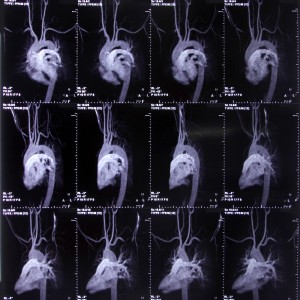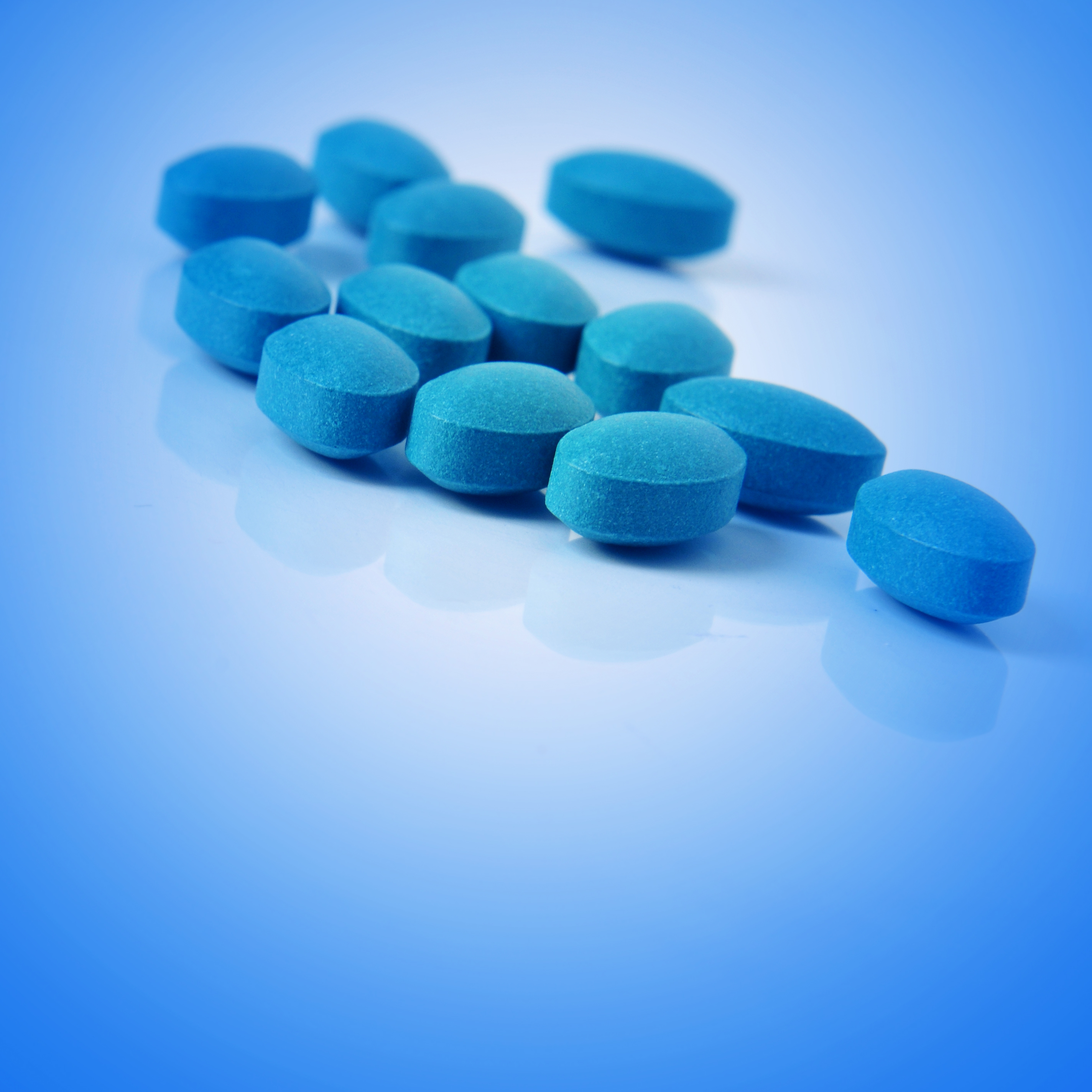 Researchers at the Hospital Ana Neri in Federal University of Bahia in Brazil found that the medication Sildenafil appears to have no immediate impact on cardiac function in patients with heart failure. The study was recently published in the journal PLOS ONE and is entitled “The Immediate Effect of Sildenafil on Right Ventricular Function in Patients with Heart Failure Measured by Cardiac Magnetic Resonance: A Randomized Control Trial.” The clinical trial is registered under the number NCT01936350.
Researchers at the Hospital Ana Neri in Federal University of Bahia in Brazil found that the medication Sildenafil appears to have no immediate impact on cardiac function in patients with heart failure. The study was recently published in the journal PLOS ONE and is entitled “The Immediate Effect of Sildenafil on Right Ventricular Function in Patients with Heart Failure Measured by Cardiac Magnetic Resonance: A Randomized Control Trial.” The clinical trial is registered under the number NCT01936350.
Heart failure is a medical condition where the heart is unable to pump blood efficiently throughout the body. Individuals often experience excessive fatigue, shortness of breath (dyspnea) and swelling of the legs. Heart failure involves functional and morphological changes in both right and left heart’s ventricles. However, literature centered on right ventricular (RV) impairment and treatment options in patients with heart failure is scarce.
In heart failure, the main pathophysiological mechanism that results in RV impairment is pulmonary hypertension secondary to left-sided dysfunction. Pulmonary hypertension is a life-threatening condition characterized by an abnormally high blood pressure in the blood vessels that supply the lungs. In this sense, therapies that decrease pulmonary arterial pressure and improve left ventricular function are desirable in patients with RV heart failure. Phosphodiesterase 5 (PDE5) inhibitors like Sildenafil, due to their vasodilator properties, are prescribed for the treatment of pulmonary hypertension. PDE5 inhibitors have also been reported to improve left ventricular function and possess cardio-protective activity.
[adrotate group=”4″]
In this study, the immediate effects of Sildenafil on RV function in patients with heart failure were assessed by cardiovascular magnetic resonance (CMR). A randomized, double-blind, controlled trial was performed in 26 patients with heart failure and left ventricle ejection fraction < 35% (median age of 61.5 years). The study participants were randomly assigned to treatment with either Sildenafil (50 mg, 13 patients) or placebo control (13 patients). Prior to drug administration and one hour after, all patients were evaluated by CMR.
Researchers found that there was no statistically significant difference in parameters before and after Sildenafil administration, except for an increase in RV fractional area upon drug intake. Left ventricular parameters and the fractional area of the pulmonary artery exhibited no improvement.
The research team concluded that a single dose of 50 mg of Sildenafil did not significantly improve RV function as measured by CMR in patients with heart failure. Further studies are required to clarify the potential role played by Sildenafil on cardiac function in the context of heart failure.

